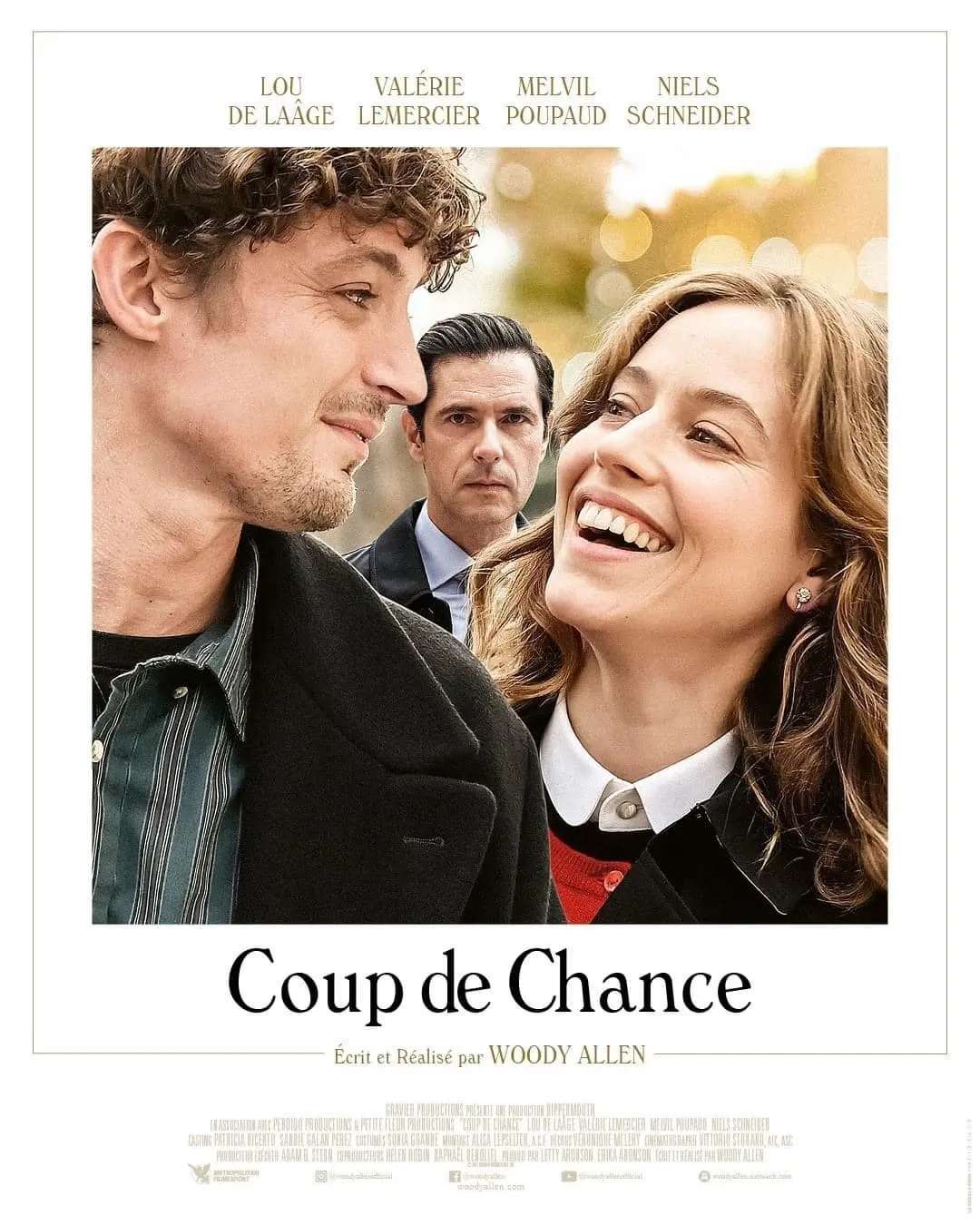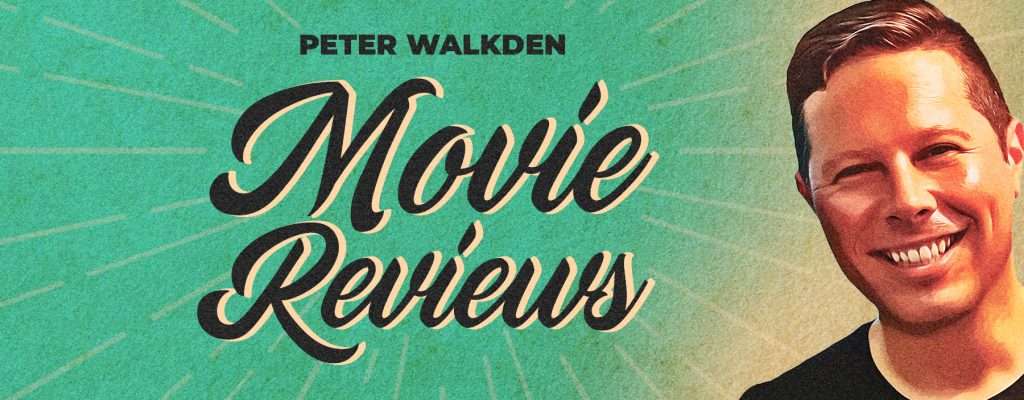When Fanny (Lou de Laâge) walks along a busy street, she soon hears her name being called out from afar. A man approaches her, claiming to know her from high school. At first, Fanny is surprised but soon learns the man is Alain (Niels Schneider). Once upon a time, during high school, Alain was deeply in love with Fanny, but the pair never managed to take the next step. The couple share a basic conversation and catch up, where Alain learns about Fanny’s current job as an art auctioneer, and we hear that Alain recently moved back into the area to focus on his writing. After a brief chit-chat, the pair go their separate ways.
Fanny returns home and greets her husband, Jean (Melvil Poupaud), choosing not to share her encounter with Alain. Instead, she carries on as if nothing happened during her day that was out of the ordinary. We soon learn that Fanny isn’t overly happy with her current married life, feeling that Jean is possessive and obsessed with her. They both have successful careers and live wealthy lives, but Fanny’s marriage lacks joy, excitement, and romance. The next day, Fanny receives a phone call at work from Alain suggesting the two catch up for lunch, to which Fanny agrees. The pair continue to catch up and enjoy each other’s company, eventually starting a secret love affair. While Fanny carefully covers her tracks regarding the recent affair, growing suspicions begin to stew in her husband, Jean.
Coup de Chance (or, in English, Stroke of Luck) is best described as a drama and dark comedy and was directed and written by Woody Allen. The premise is simple- by a “Stroke of Luck”, the protagonist is reunited with an old friend and falls into temptation while attempting to keep the affair a secret. The storyline resembles Woody Allen’s previous film, Match Point. If you are familiar with the director’s work, then you’ll be familiar with the kind of dialogue presented here and some random dark comedy that comes with it. Lines of dialogue are terrific, flowing naturally and realistically. Woody Allen’s filming style is admirable and appetising. When characters share a conversation, it is easy to follow, and the camera movements are simple enough for audiences to feel engaged and drawn in.
As an audience, we are continually questioning the outcomes of this secret love affair. The actions chosen by our leads are not always agreeable and wise; however, audiences will remain invested due to the character’s likability. Many jazz pieces are used throughout the film, and while this worked fine at various times, at other times, such as when discussions were being held, the music felt out of place, distracting, and highly unfitting. The pacing began strongly but slowed down within the second act. As expected, there is an intense climax here that is rewarding. The theme of luck is a great concept that is clearly represented, and I found this film lingered in my mind long after the credits appeared.
Overall, while director and writer Woody Allen delivers a story entering familiar territory, Coup de Chance is still a pleasing and enjoyable film, particularly for long-term fans of his work and lovers of dramatic, dark comedy. Once again, elements such as the writing, dialogue, and filming are excellent, and viewers will find everything on-screen easy to get sucked into, remaining invested even when the leading characters make baffling or unwise choices. The choice of jazz tunes for the soundtrack is not always ideal, and at various points, the music felt more unfitting and distracting during critical moments. Some performances stand out more potently than others here. Nevertheless, long-term fans of the director will be more than delighted to return to the big screen and witness his craft again.
7.3/10
15th December 2023
Written by Peter Walkden



WALKDEN ENTERTAINMENT
PODCASTS ARE AVAILABLE!




0 Comments